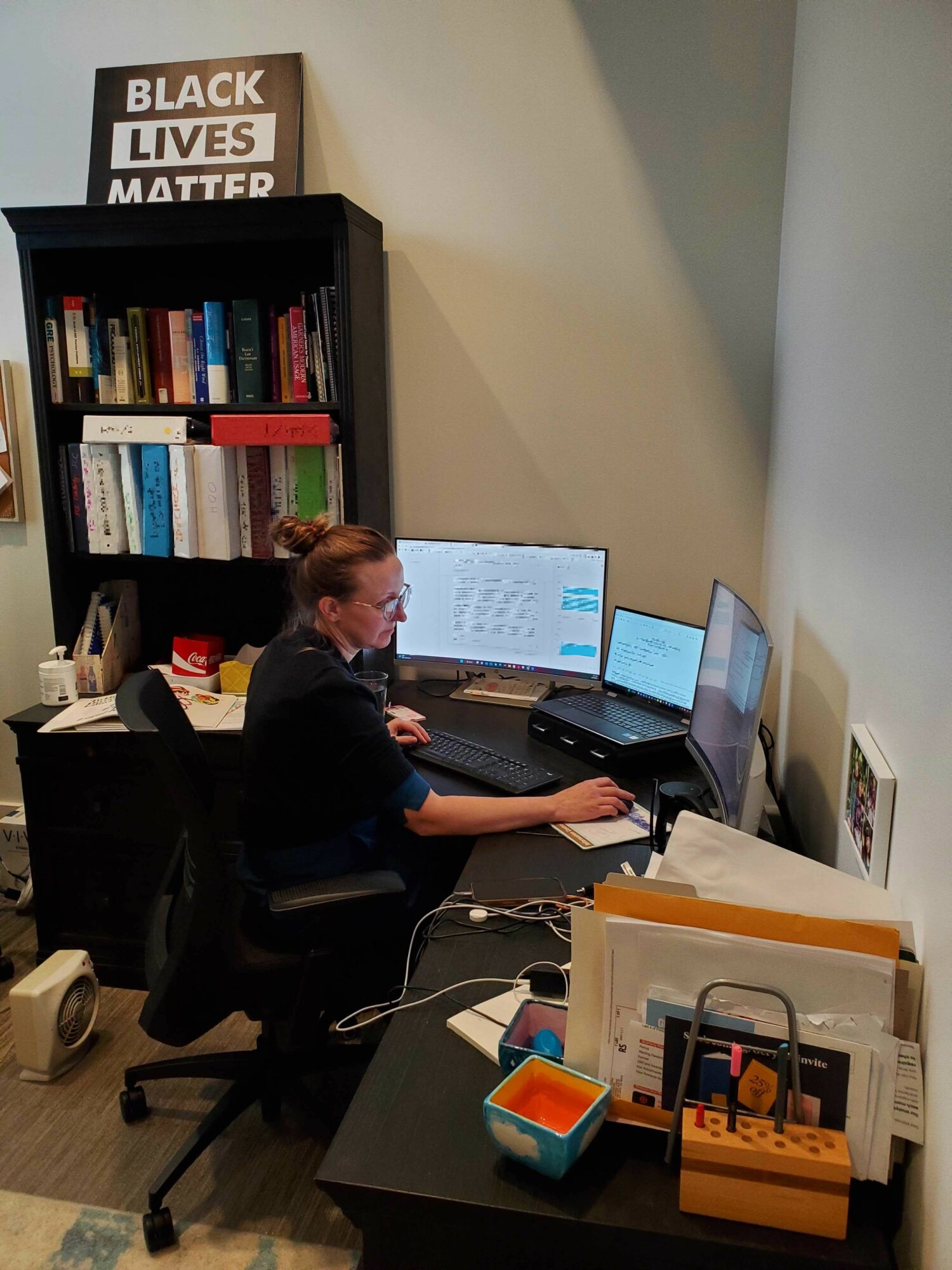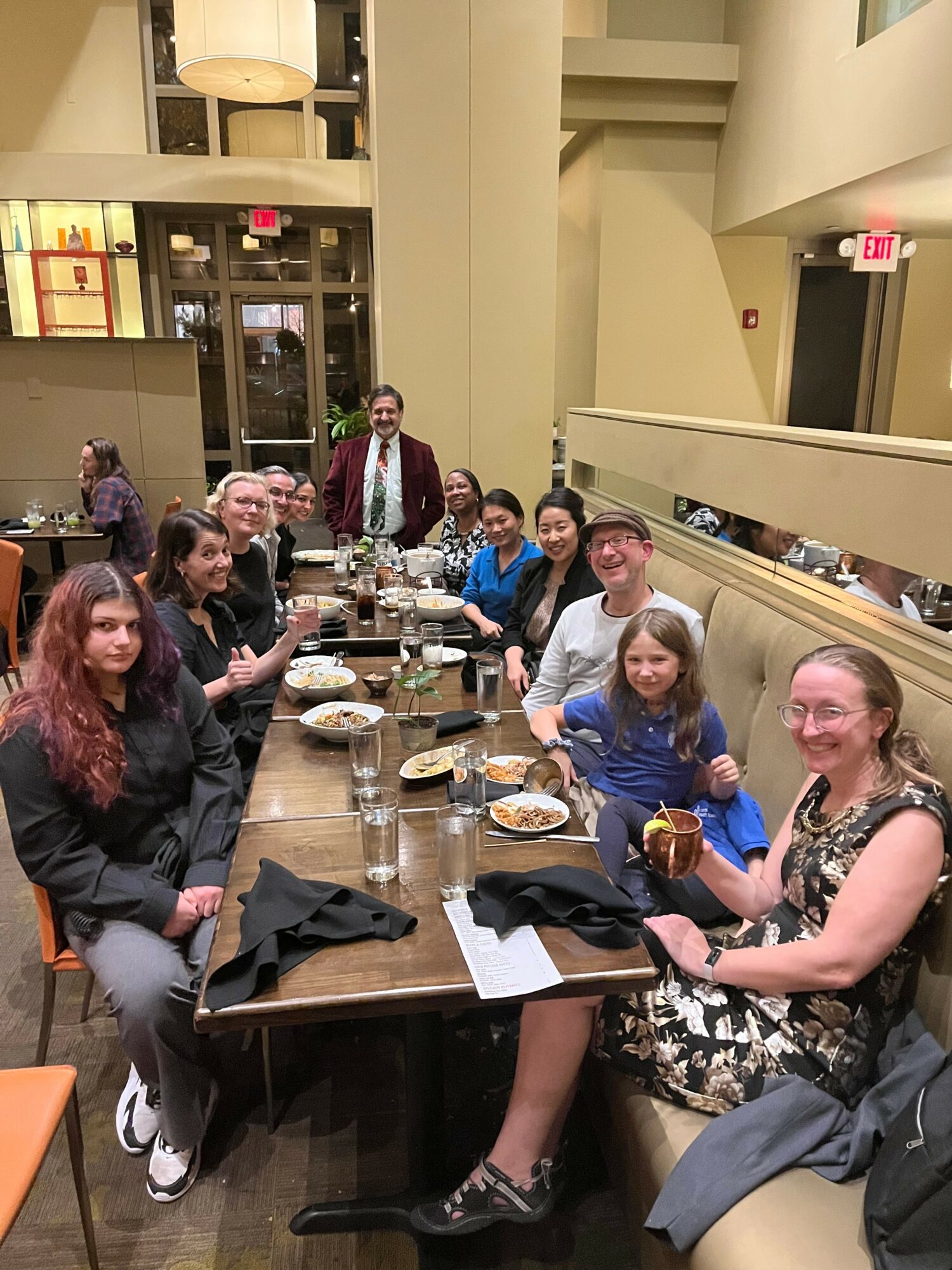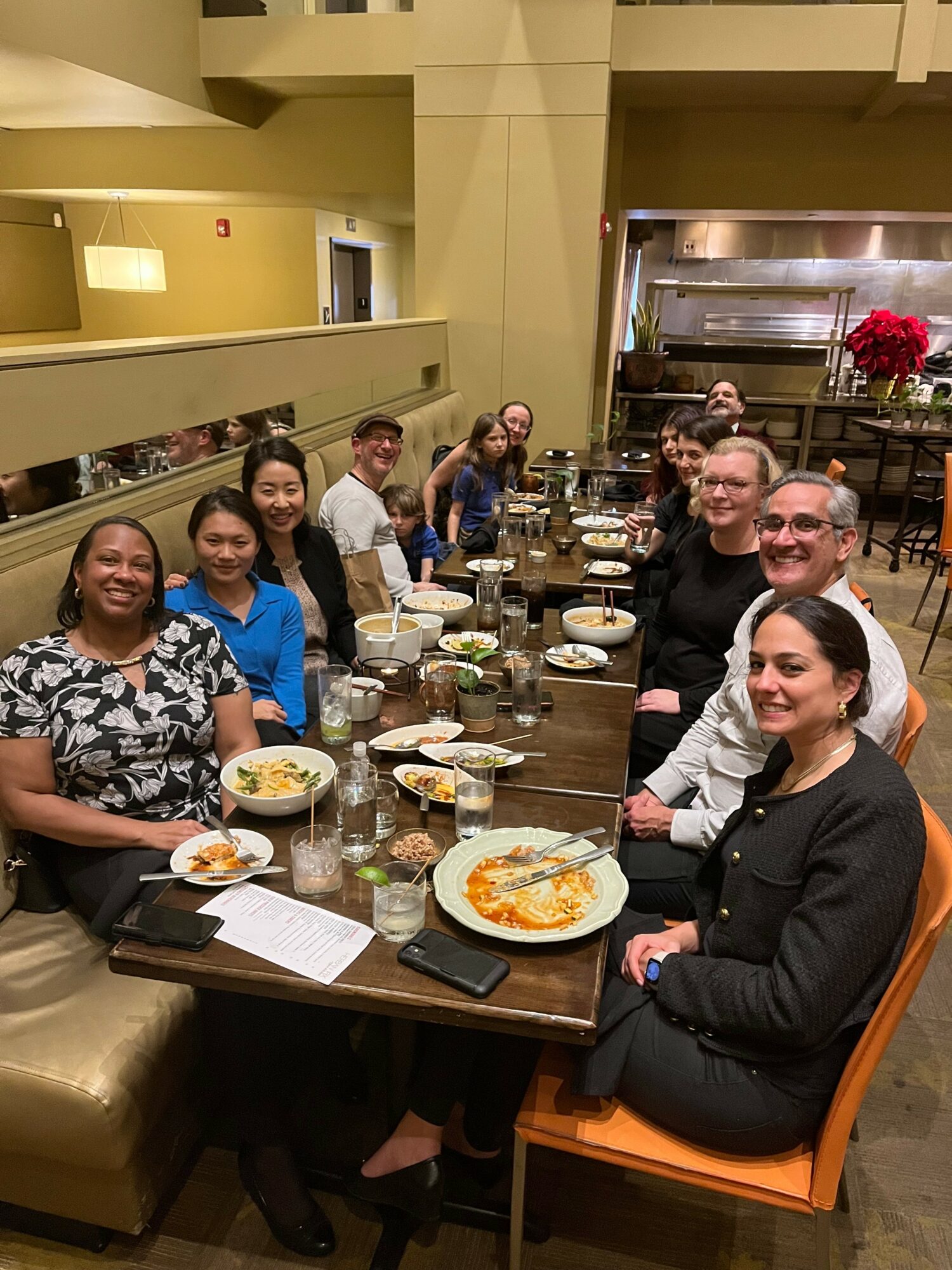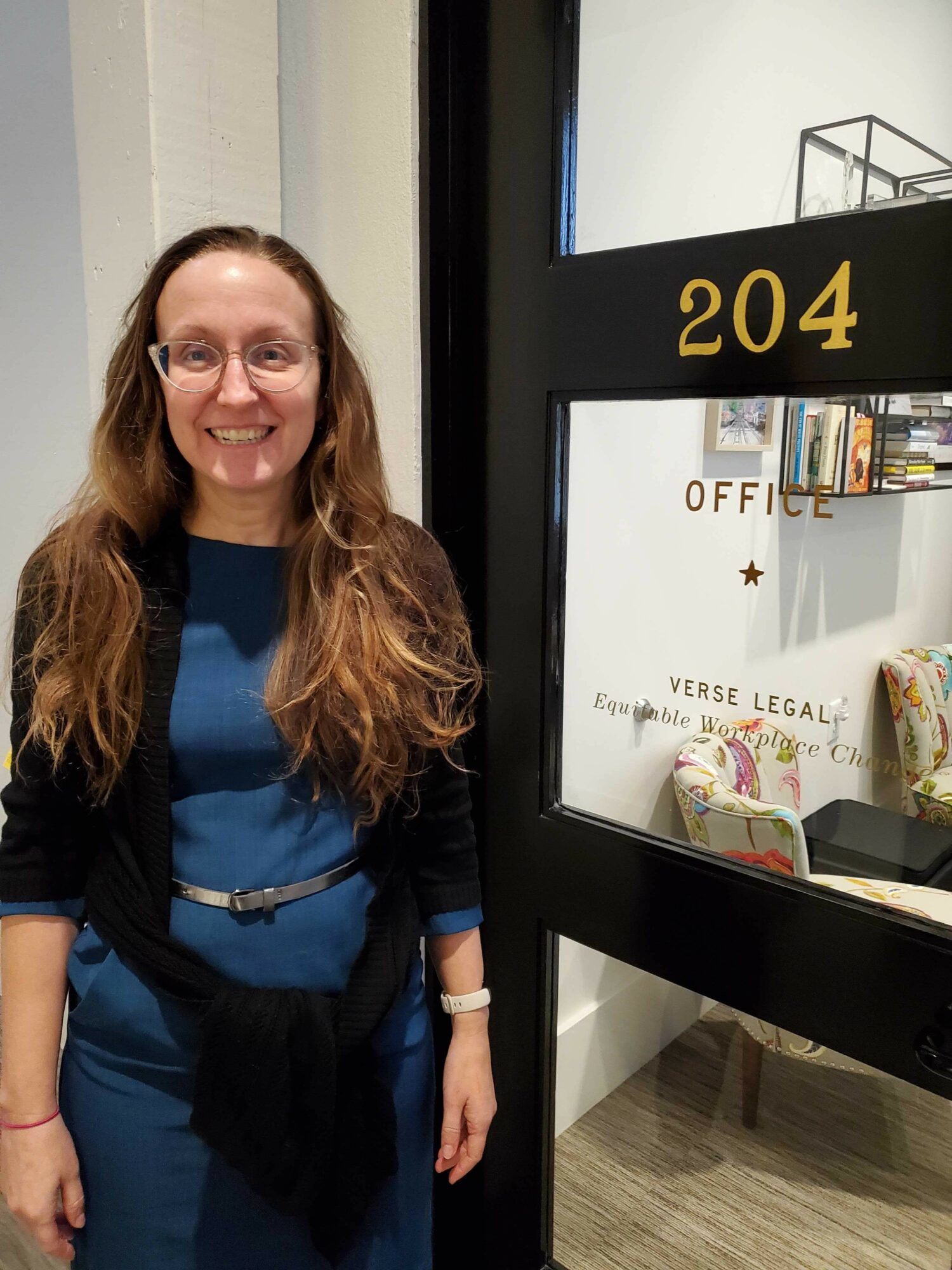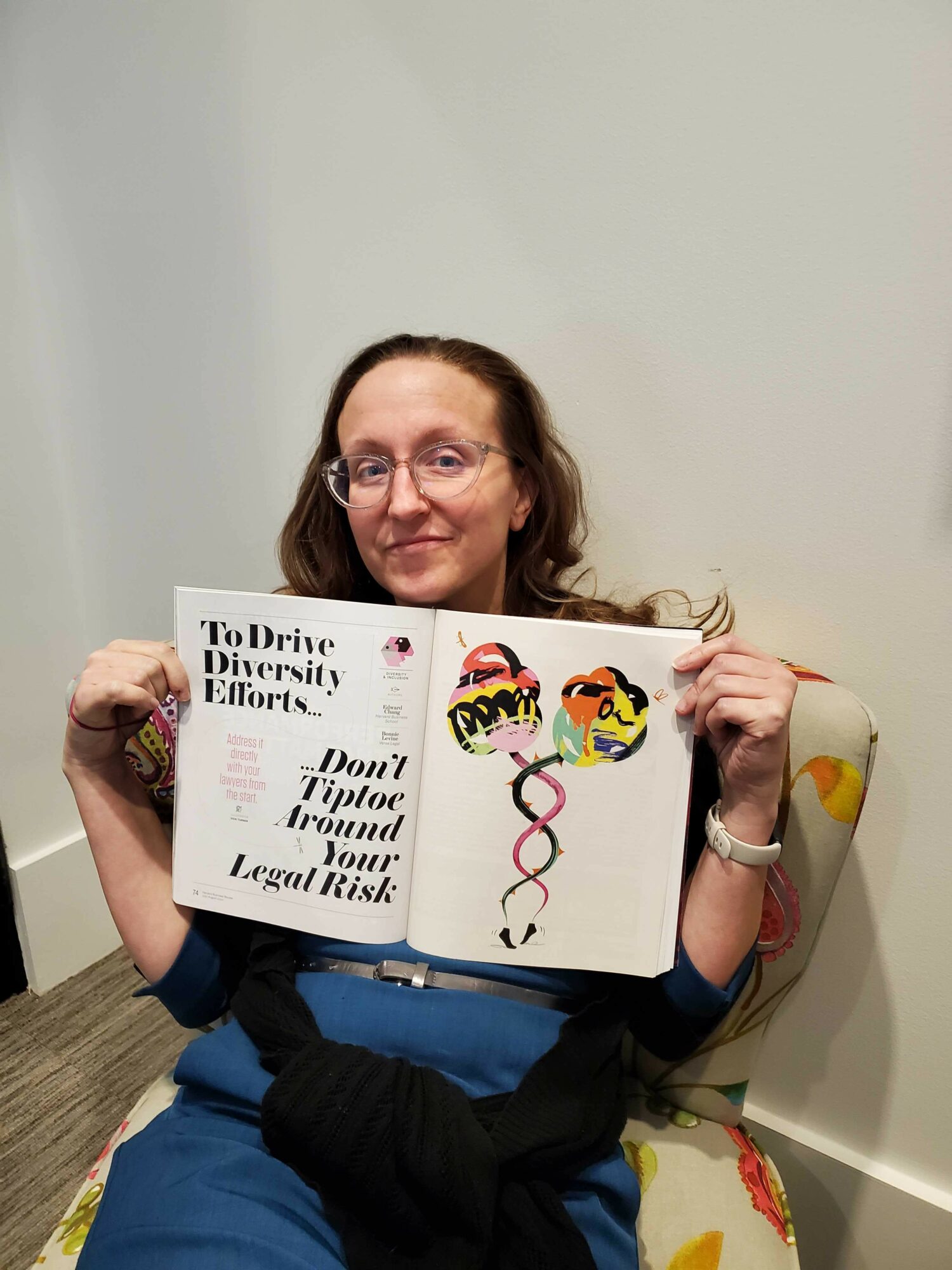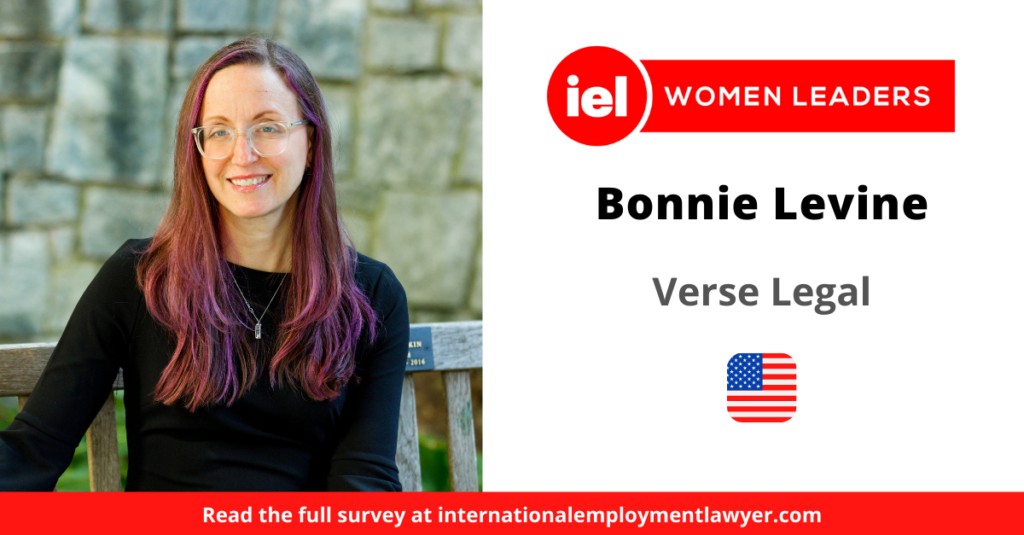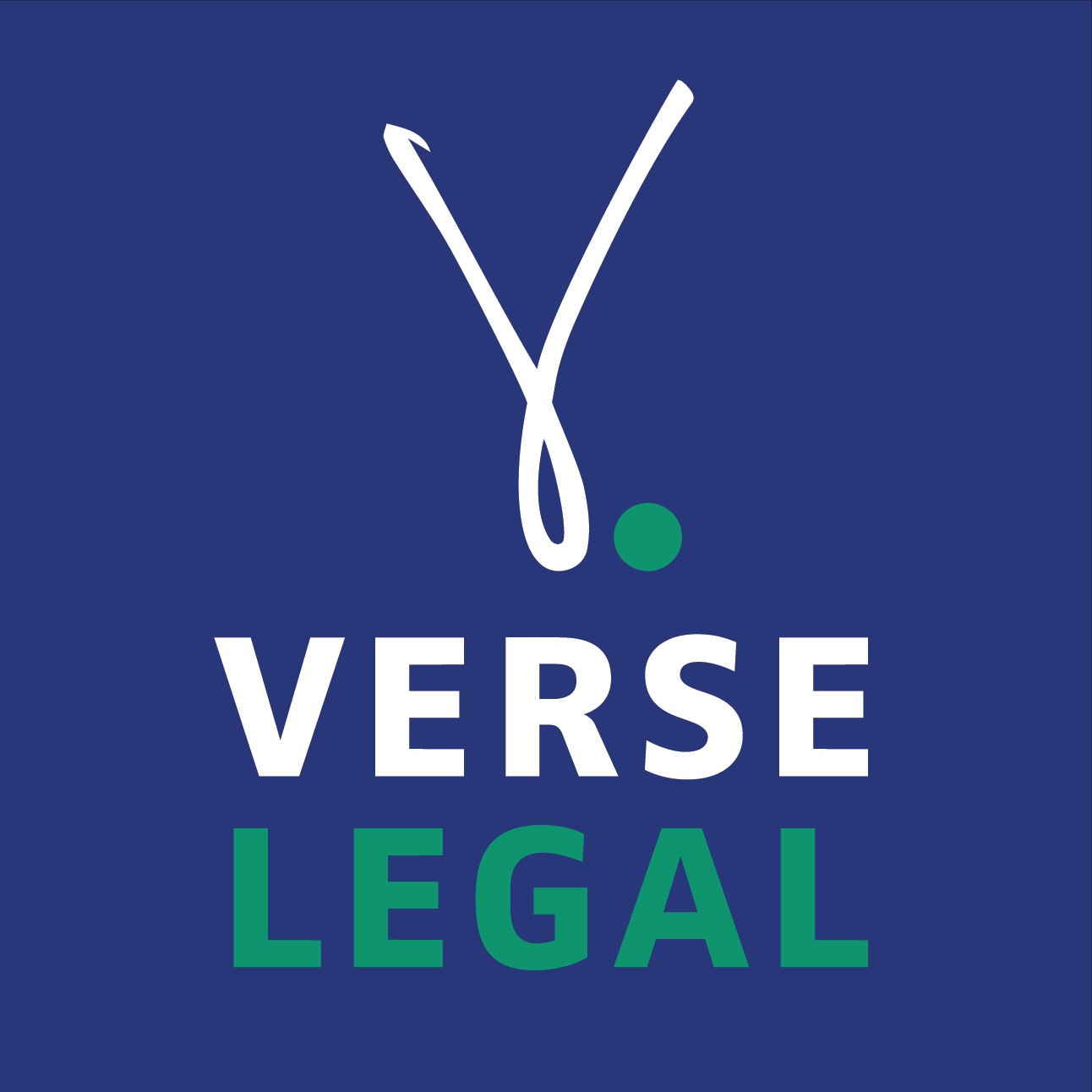

Today we’d like to introduce you to Bonnie Levine.
Hi Bonnie, can you start by introducing yourself? We’d love to learn more about how you got to where you are today?
I never set out to be an attorney, or to start a business–if anything, I started out with a palpable aversion to both concepts. The interactions between me and the universe that led me here in spite of myself would be impossible to capture even if I could say with any confidence I knew what they were. I suppose the themes include strong, sometimes unpopular opinions combined with a lot of rejection and failure.
In October 2021, I left a large law firm position that I loved after over a decade of practicing there, with a vision to start my own firm specializing in my favorite engagements–workplace investigations and executive coaching–which I sought to approach from an unapologetically equity-forward perspective. Over time, I had noticed that larger employers often selected independent providers over their usual employment counsel for these functions, particularly when needed to avoid conflicts of interest (such as where the general employment firm will handle later litigation, advised on a background decision, or interacts regularly with individuals to be investigated or coached). I had also noticed that smaller employers lacked great options to ensure adequate independence in investigations, lacking internal infrastructures but priced out of many legal providers.
I called my firm “Verse.” I didn’t want to use my own name (fun fact: a couple of years ago, I would have had to because Georgia law firms had to be named after an attorney owner until 2020!). “Verse” suits my legal practice well. My identities as a musician and a linguist are foundational to the way I show up as an attorney and advocate. What an amazing, powerful word “verse” is! That one syllable pulls in energies of poetry, music, language, creativity, and existence itself. A verse in a song or poem represents its substance, its meaning, something of depth; a verse is the nuance from which the catchy chorus might distract if we don’t attune. That root meaning “turn” buries itself subtly in words we use all the time–versatile, conversation, diverse, reverse, version, universe, university, adverse, adversity–reminding us how change surrounds us constantly, whether we choose to acknowledge it or not. I cannot think of a better combination of sounds and letters to capture where I would like to see the practice of law go in the future.
I’m sure you wouldn’t say it’s been obstacle free, but so far would you say the journey have been a fairly smooth road?
In putting “legal support for equitable workplace change” front and center, my work contains an internal tension–the legal profession itself suffers from the same systemic inequities that affect the workplace. The law and legal systems are stacked in favor of people and organizations that already hold most of the power in society. Lawyers must advise clients about the current state of the law and the potential consequences of not complying with it. So where does that leave equity-minded employment lawyers? I’m still figuring it out and also writing about it (https://hbr.org/2022/07/to-drive-diversity-efforts-dont-tiptoe-around-your-legal-risk) in hopes that more and more businesses will establish constructive partnerships with legal advisors and more and more attorneys will become champions of workplace diversity, equity, and inclusion.
The other challenge inherent in my work is relaying information that is both super nuanced and unpleasant to receive (even in its simplest form). Unpacking a workplace dispute has a high potential to overload both the “deliberative” and “emotional” parts of the brain. Most days I have to deliver messages along the lines of “important people screwed up and your organization’s systems enabled it,” “you must redistribute power to address this,” and / or (to leaders I coach) “here is the risky and harmful behavior you must change but no one will say it to your face.” Good investigators–all lawyers, really–would always rather their clients be mad at them than misinformed, even if it means losing repeat business or referrals. But clients are more likely to listen and follow the advice when they both understand and are not mad at their lawyers, so those are goals worth pursuing. The challenge is both highly fulfilling and emotionally laborious.
Beyond that, my struggles owning a business are exactly what I predicted they would be–dealing with necessary admin functions. I have always preferred to do the substantive work I love and am not particularly interested in invoicing or collections! Outsourcing and delegating as much of operations as possible has helped a lot. I can see the business growing, but it’s hard to know what the right time is to hire more people because I’m too busy and haven’t had enough time to write and build.
Alright, so let’s switch gears a bit and talk business. What should we know?
Verse Legal is a workplace investigation and executive coaching boutique.
What makes Verse somewhat unique is a commitment to centering what I call “equitable workplace change” in all aspects of compliance, viewing it as the more complicated but more effective path to minimizing legal risk. Employers are rightly focused on employee engagement, workplace culture, and diversity like never before; if “compliance” comes into that discussion at the wrong time or with the wrong approach, the result is performative at best and frequently counterproductive and legally risky. Canned “check the box” training modules are often driven by compliance requirements instead of effectiveness; in sensitive subject matters involving employee identity they often fail and can even be harmful or traumatizing. Verse works with employers of all sizes and their employment counsel to bridge gaps between workplace culture and workplace compliance, incorporating research from behavioral science and related disciplines to align stated organizational values with the authentic employee experience.
Verse specializes in helping organizations improve the way they monitor and respond to formal and informal employee concerns, starting with whether employees can realistically raise them. No written policy will prevent organizational liability where high-level decision-makers signal to reasonable employees that successful, revenue-generating leaders will not be held accountable. This plays out in many ways, whether in traumatizing experiences being interviewed in an investigation, lack of follow-up after a concern is communicated, lack of consistency in an organization’s response to concerns, or poor understanding of bigger-picture issues (e.g., that some individuals are more comfortable reporting concerns than others because of workplace double standards, so organizations may be seeing a distorted picture).
Lawyers’ advice often needs to cover “how not to get sued” or “how to defend yourself in a lawsuit.” But employment law by its nature is more human-centric than many other areas. Treating employees as litigants make them want to sue more, so the threat of litigation is a terrible “risk driver” in most situations, and can even turn into a self-fulfilling prophecy. Major problems can arise, often gradually over time, when employers fail to balance the “compliance” and “human behavior” perspectives within their overall risk-benefit calculus. Employees deserve to be treated like humans, and legal risk deserves to be considered within the proper context (often not provided to lawyers, also for understandable reasons).
We’d be interested to hear your thoughts on luck and what role, if any, you feel it’s played for you?
Luck is everything. I consider myself both extremely lucky and extremely privileged. Our world bestows automatic advantages on those who (like me) are racialized as white. These are both highly impactful and invisible to those who benefit from them. Awareness of luck and social advantages helps me avoid becoming attached to specific outcomes, which frees me up to better outcomes. I did not go to college wanting to be a lawyer; I did not go to law school wanting to do employment law; I did not go into practice wanting to start my own firm. These things happened because the path in front of me bent in those directions and at some point, it stopped making sense to resist.
Contact Info:
- Website: https://verselegal.com/
